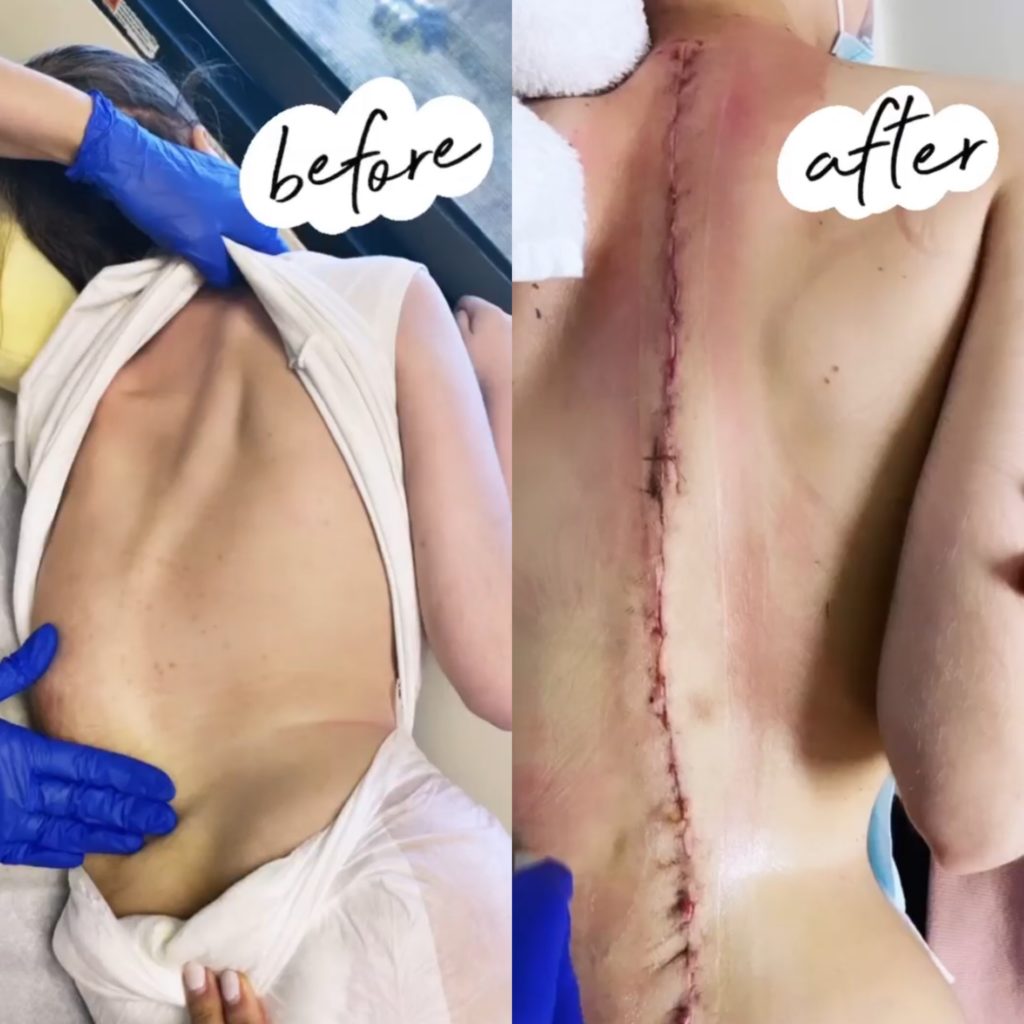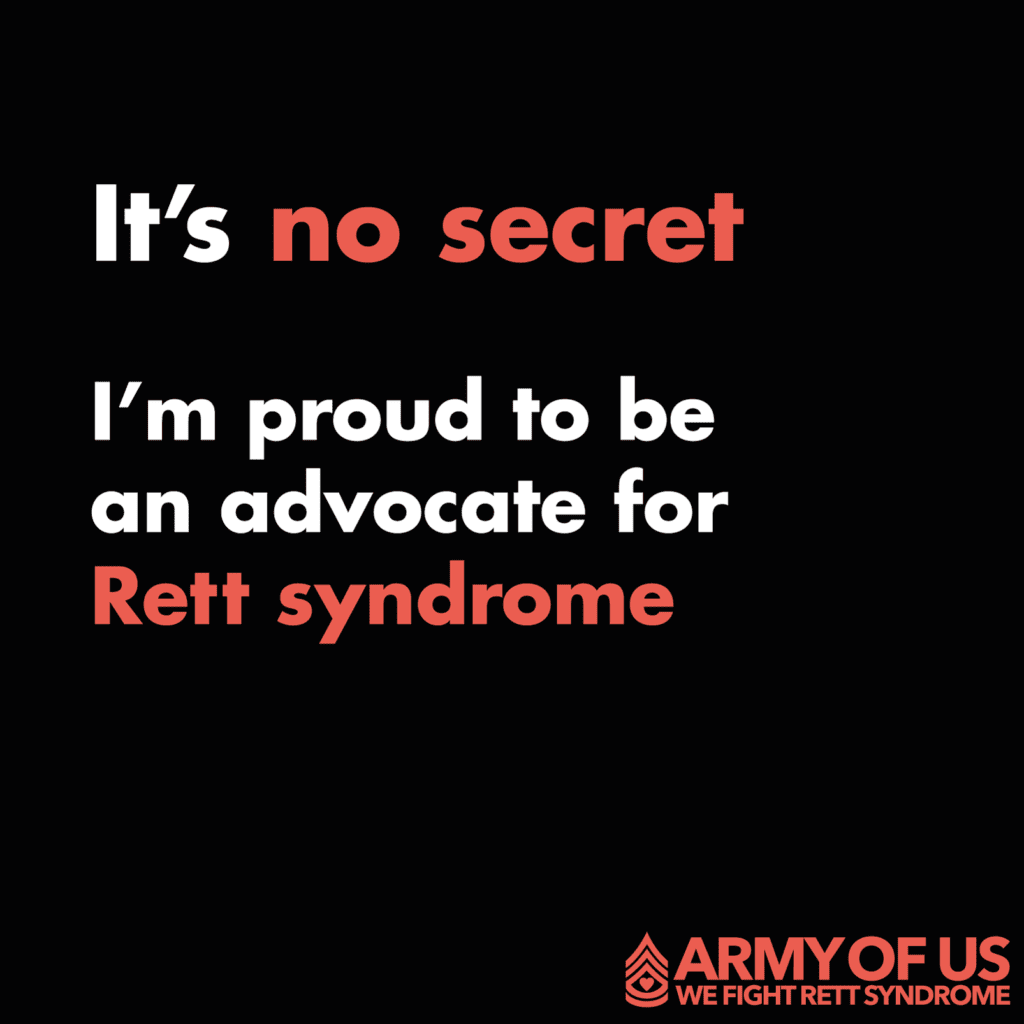If you go to Myka Stauffer’s Instagram account, comments are turned off on her more recent posts. And it’s no wonder she’d do this. She’s facing the public shaming of a lifetime. Sponsors are dropping her although this scandal has seen her gaining 20,000+ new Instagram followers in the last 24 hours and a YouTube audience growth taking total subscriber-ship to over 700,000.
The Backstory
With a firestorm of controversy surrounding this issue, it’s going to be very easy for my readers to get up to speed on what happened here. The basics you need to know:
“A YouTuber with hundreds of thousands of followers who has shared her family’s experience of adopting a toddler from China announced on Tuesday that she and her husband had permanently placed their child with another family after unspecified behavioral issues.” –Buzzfeed News
Fans had noticed that Huxley, a child they had emotionally invested in through a YouTube channel chronicling his (crowdfunded) adoption journey from China, had disappeared from the family’s social media. The Stauffers ignored comments inquiring about his whereabouts. Account like “Justice for Huxley” were started to pressure the couple to come clean about where their autistic son had gone.
“There’s a lot more special needs we weren’t told about…we never wanted to be in this position” -Jim Stauffer
On May 26th, the Stauffers (a corporately sponsored YouTube and Instafamous family) finally posted a video explaining the disappearance of their special needs son, Huxley, saying things like, “With adoption there’s unknowns and things that are not transparent on files and things like that. Once Huxley came home, there’s a lot more special needs than we were aware of and that we were not told…we never wanted to be in this position.” They are being represented by lawyers who have encouraged them to say no more which tells you this isn’t a squeaky clean situation.
The reason they claimed that they had not responded to multiple requests from fans demanding to know why this child disappeared was to “protect Huxley’s privacy” which is rich considering the massive amount of money they’ve made by opening his life up until this point, without privacy or thought about how he could feel as an adult having his journey from China to the USA exploited to the fullest extent. They published 27 monetized videos about his adoption and included him in sponsored ads. Suddenly, they’re concerned about privacy.
“I didn’t adopt a little boy to share these things publicly” -Myka Stauffer
In the YouTube video, Myka says, “The reason we’re not going to let people know what happened to make us make this decision is for Huxley’s privacy…anything that happened in the home that was hard for Hux, that’s not for me to put out publicly so we’re not going to talk about that. I didn’t adopt a little boy to share these things publicly.”
What are these things that “happened in the home”? These are things like her duct taping his hand to stop him from sucking his thumb, a punishment she didn’t doll out to her not-disabled children.
On being rehomed like a rescue dog, the couple says, “the agencies have been allowing for Huxley to spend time with some different people to make the perfect match, the perfect fit for his new forever family. His new mommy has medical professional training.” Honey, I didn’t get professional training when my child’s paperwork failed to warn me she was gonna have Rett syndrome. THIS IS PARENTING. Suck it up, buttercup.
On that note, Myka Stauffer is a former RN (registered nurse) and I was a blogger when I got my own disabled child and look at me now. Nevermind his “new mommy”. Myka, herself, had professional medical training on which to rely when she (willfully and knowingly) received a child with additional needs.
Also on that note…where were these agencies when he was placed in their home in the first place?
And, lastly, Myka says in the video, “The reason I started my channel is to be positive and to bring people positivity.” Geez I’m sorry you couldn’t find any way to be positive about loving a special needs child. That he didn’t fit your pretty white Instalife and you had to move him along.
A moment to rant
It’s easy to be very surface level here. To write a post regurgitating the same facts every news outlet has already stated. But for the sake of purging myself of things I just can’t hold in, let me rant for a moment before I get to the point of this post:
- THIS IS PARENTING. You don’t get a crystal ball to know the future. Birthed or adopted, sometimes, you end up with a child with special needs.
- They claimed it was too hard on their other children. Yes, tell me about it. My boys have a very different life than they would have had if their sister wasn’t disabled. They’re also better people. What will the Stauffer kids remember from this? We had a brother. He was autistic. We got rid of him.
- They had mentioned in the past wanting to also adopt an African kid. For the love of God don’t let these people adopt again.
- What will they do if they give birth to a disabled child? This is very concerning to me.
- I’m very happy Huxley is in a home that won’t abuse or exploit him. I’m happy he didn’t fall through the cracks. I’m very happy these people are no longer his parents.
- I think this was about convenience and money. While they crowdfunded the adoption, Huxley’s ongoing therapies were going to cost $500 a month, but they decided to buy a $700,000 house instead.
- Huxley is a Chinese person. No doubt he had a name before he was adopted. He was a toddler when they got him. They adopted an ethnic child and whitewashed him with a name only, like, the most, like, basic white family would, like, name their, like, child.
Whew! Ok, that feels better.
Evangelicalism and Adoption
The Stauffers are Christians who claimed that God led them to adopt Huxley knowing that he had special needs when previously they had “not been open to the idea of a special needs child”. In an article from Sept 2019, Myka says that they weren’t open to special needs but “after God softened their hearts”, they became “…open to almost every special needs in the book.”
It needs to be said that EVERY ADOPTED CHILD HAS SPECIAL NEEDS and the fact that they didn’t know this concerns me about the process they had to go through to be assessed for fitness as an adoptive family.
Quick and dirty adoptions exist within this industry and the process of international adoption can often look more like trafficking, with “orphans” from caring families who have a different understanding of adoption than Americans do. They agree to send their children away, thinking it’s temporary (for better education and opportunities) believing that the child will eventually return.
The fact that the Stauffers are Christians of some description concerns me because the evangelical christian church finds international adoption to be very fashionable. It’s having a moment to say the least.
Over a decade ago, we found ourselves in an evangelical cult and the leader and his wife adopted a kid from an Asian country and claimed they would adopt from all over the world “as a prophetic sign to the nations”.
The evangelical church is rife with adoptions that are about saving them from a life of paganism and adopting them “into God’s family”. An earthly and prophetic manifestation of the “sonship” one can experience when they surrender their lives to Christ. This is evident in the use of the phrase “coming home” in the christian adoption movement. Adoption being used as a method for “growing the kingdom” versus growing one’s nuclear family as adoption had previously been utilized by couples who couldn’t bear their own children, for example.
This feature of the church has concerned me for some time. I’m concerned that evangelicals view adoption as a new front in the culture war. A way to invest themselves into human rights issues without really needing to do something about it. In the war on abortion, for instance, adoption had been prescribed as the solution, however, international adoption is far more prevalent than adopting children right here in America which is confusing considering the cost ($25-$50k) and requirements of international adoption can be so much more taxing. Unless you go with an agency who trafficks children from families with a culturally different understanding of adoption and the paperwork they’re signing when they send their children to America.
A few years ago I read a book called The Child Catchers: Rescue, Trafficking and the New Gospel of Adoption. In it, author Kathryn Joyce explains the fashionable nature of adoption inside evangelicalism and the ways in which children can be trafficked and given into adoption by parents who don’t understand that they’ve giving their children away for good.
“Evangelicals felt that they had kind of unfairly lost a claim to the good works side of Christianity, the social gospel, the helping the poor…and so they wanted a way to get back into doing something for poor people’s rights, and adoption and orphan care came about as something that, I think, they could really invest themselves into without challenging or changing their stances on the other social issues that they care about.” -Kathryn Joyce
I don’t know enough about the Stauffers to know how Christianity may have played a role in their adoption of Huxley, but this alarming trend gives cause for me to ponder on whether this young, affluent couple understood that adopting a child isn’t like rescuing a dog. They appeared to have, in hindsight, approached it as though they thought they were getting a pretty Labradoodle and ended up with a dog who required expensive monthly grooming and peed on the carpet. So they rehomed it.
Or worse, they were acting as entitled white saviors who thought they were doing some good in “the third world”.
Misogyny in the case against Myka Stauffer
I wonder how much of a role misogyny is playing in this situation. From news outlets like Buzzfeed, Elle Magazine, BBC News, People and NBC every article leads with Myka’s name. Titles like:
- YouTuber Myka Stauffer under fire for relinquishing custody of son with autism
- Adoption is complicated—and the Myka Stauffer controversy proves it
- Myka Stauffer Loses Thousands of Subscribers After YouTube Mom Gives Up Adopted Son
While Myka clearly leads their social media channels, husband Jim has not at all been a silent part of this story. In fact, he does most of the talking in the video where they explain their son’s disappearance. Yet it is Myka facing the backlash and I wonder how much of this is about the pressure on mothers to be perfect while fathers failing is acceptable and not surprising enough to garner intense media scrutiny. This couple played an equal role in failing as parents to their son and I would like to have seen the weight of this public shaming be equally squared on the shoulders of dad Jim.
The Anger of Special Needs Parents
In the special needs and disability community, there is a special sort of anger for Jim & Myka who felt lied to and that they didn’t know he was so grossly needy when they decided to make him their son. I, myself, feel this anger hot in my chest. I didn’t get to hand pick my child either. I didn’t have any paperwork showing me the extent of Grace’s needs on which to decide whether I was going to keep being her mom or not. I also didn’t know that Jack was going to have significant ADHD and I’d have to home educate him. I also didn’t know that Elijah was going to be a deep and philosophical teenager who wakes me up in the middle of the night to discuss his very existence and the expanse of the universe.
Parenting is inconvenient and unpredictable. PERIOD.
This anger I feel. It’s a mask for something else. Anger is a secondary emotion caused by primary emotions unexpressed.
As ugly as it is to admit and say out loud, is the chance this anger I feel isn’t, maybe masking something else like…jealousy? Am I jealous that these parents get to stay in their pretty, sunny, corporately sponsored life in their $700,000 house with their perfectly un-disabled children because they had the luxury of being able to discover their son’s special needs and say “Never mind. Take this one back.” And I don’t have the luxury of curating my life to cut out the inconveniences and unpredictability of parenting?
It’s true. I think I’m angry because deep down, I’m jealous.
But you know what I’m not? Shallow. Vapid. Unchallenged.
All the things the Stauffers appear to be.
But I used to be.
You know what changed that?
Grace. A child we chose to bring into our family without knowing she was disabled.
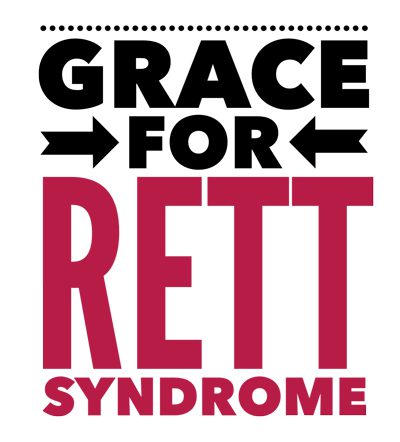
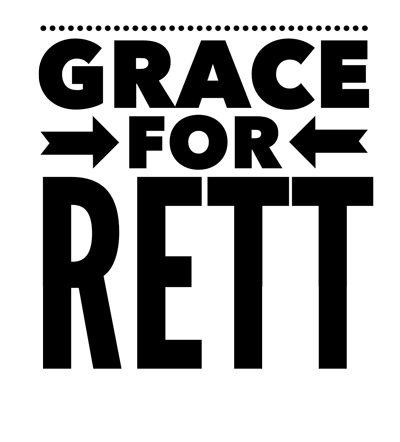



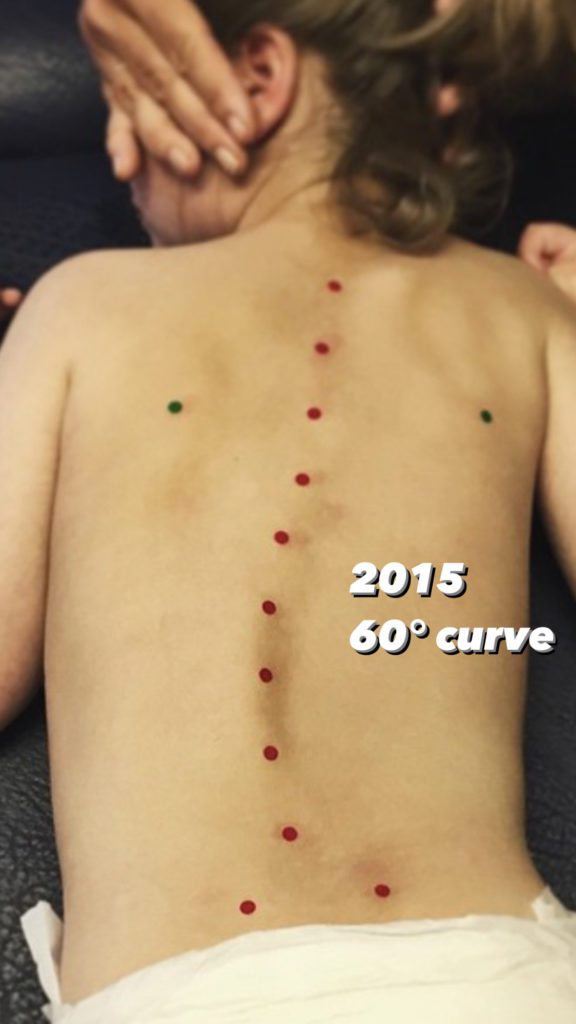 In 2015, I first started asking Grace’s doctors in the UK whether they thought she was developing scoliosis. They took the picture on the right and said no. Knowing what I know now, she actually already had quite a significant curve. Flash forward to moving home to Florida and meeting her orthopedic surgeon at Nemours for the first time. Her first measurement was around the 90º mark and it held there for a few years.
In 2015, I first started asking Grace’s doctors in the UK whether they thought she was developing scoliosis. They took the picture on the right and said no. Knowing what I know now, she actually already had quite a significant curve. Flash forward to moving home to Florida and meeting her orthopedic surgeon at Nemours for the first time. Her first measurement was around the 90º mark and it held there for a few years.